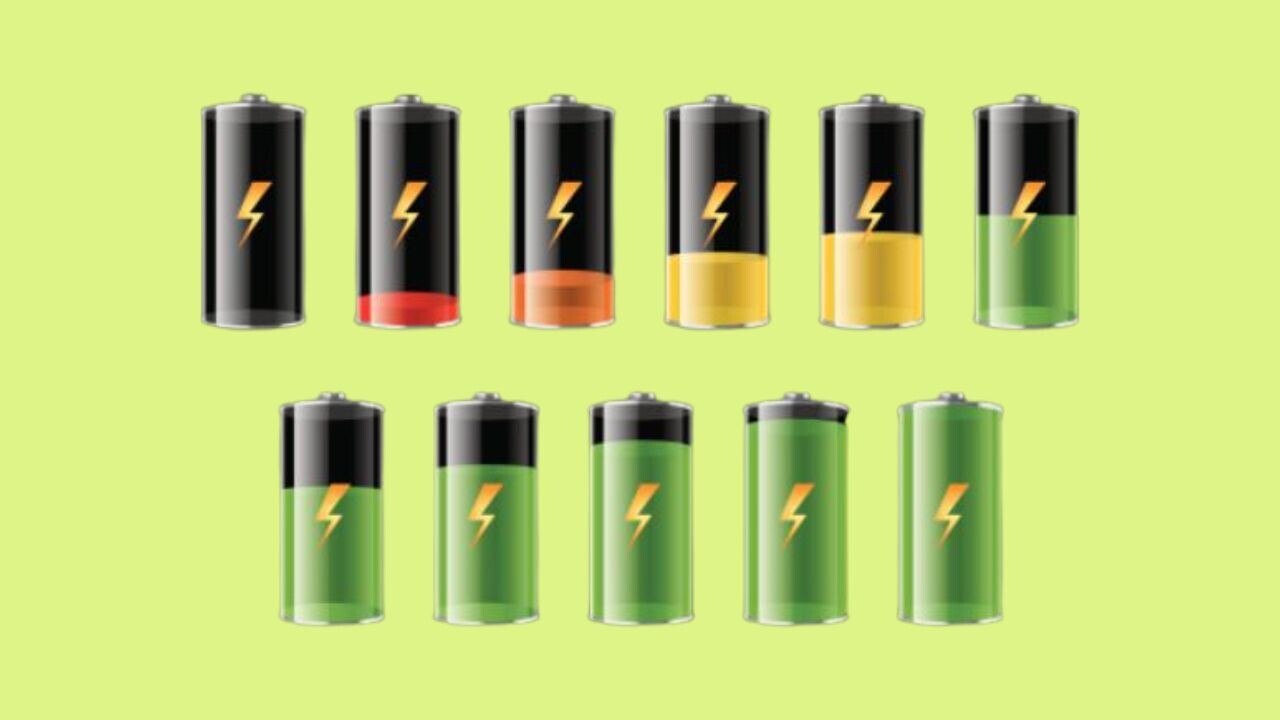
EU lawmakers have agreed on a new set of rules aiming to make batteries in the bloc more sustainable and reusable.
The regulations will cover the entire battery life cycle: from the extraction of materials and industrial production, to disposal. They will apply to all types of batteries sold in the EU, including portable batteries used in electronic devices, industrial batteries, SLI batteries used in automotive applications, as well as batteries used in two-wheelers and EVs.
The green requirements of the newly-agreed rules set an impressive milestone for the Union as part of its goals to advance its energy transition and increase its competitiveness in the sector.
They might, however, present a series of challenges to manufacturers — especially in the consumer electronics and automotive industries.
Under the new rules, all companies selling batteries in the EU market must implement a “due diligence policy,” addressing the social and environmental risks linked to the sourcing, processing, and trading of raw materials.
They will also need to use a set percentage of recycled materials: 16% cobalt, 85% lead, 6% lithium, and 6% nickel.
In addition, the EU has set ambitious collection targets to secure a steady stream of recycled materials. In the case of electronic devices the targets are set at 45% by 2023 and 73% by 2030; in the case of EVs, at 100%.
These developments might prove especially challenging for global automotive manufacturers and battery producers, as they would need to start preparing for the new requirements by carefully reviewing their supply chains, reviewing their supply chains, reevaluating their operations, and moving into strategic partnerships with recyclers.
Portable batteries in electronic devices, meanwhile, must be designed to allow consumers to easily remove and replace them.
This threatens the current practices of major consumer electronics brands, such as Apple and Samsung.
The vast majority of smartphones and laptops currently on the market come with non-removable batteries — the argument being that this design enables the development of slimmer and more durable products.
In cases of battery failure, consumers are directed to dedicated service stores where the repair or replacement is performed by a technician.
The new battery rules along with the EU’s “right to repair” legislation would not only mean less manufacturer profits from servicing, but also the prospect that brands will have to rethink their products’ overall design.
The battery regulation is pending final approval by the Parliament and the Council, and if it passes, it will set a high green standard for the global battery market in the years to come.
Get the TNW newsletter
Get the most important tech news in your inbox each week.





